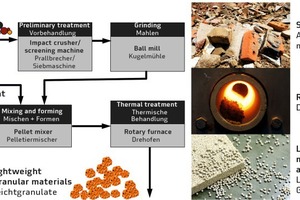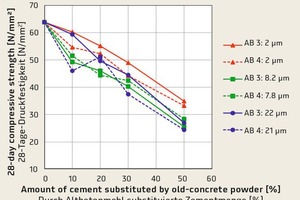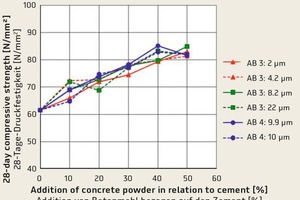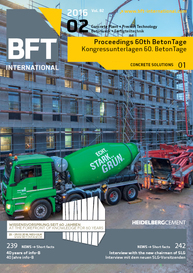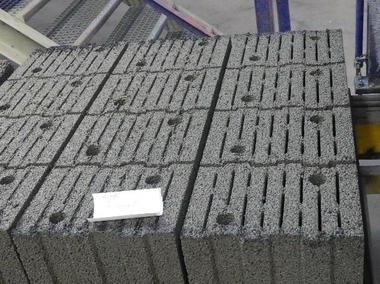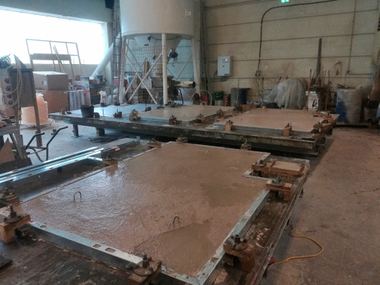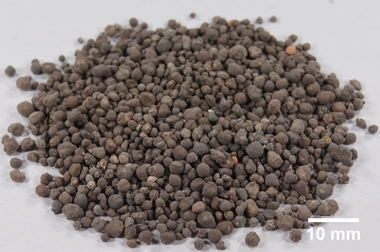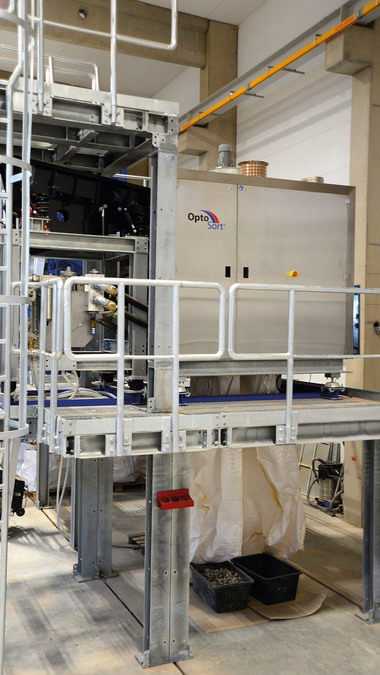Sustainability benefits of lightweight concrete
The ongoing discussion on closed-loop recycling is increasingly focusing on the construction industry which uses significant amounts of mineral resources and counts among the large waste producers. In excess of 50 mio. tons of demolition waste are generated each year, frequently including a mixture of different components. New concepts and technologies are needed for their recovery. The increasing diversity of materials poses a problem.
Homogeneous material fractions free from foreign and undesirable substances are required, for example, for concrete construction. By 2020, the manufacturers of...

